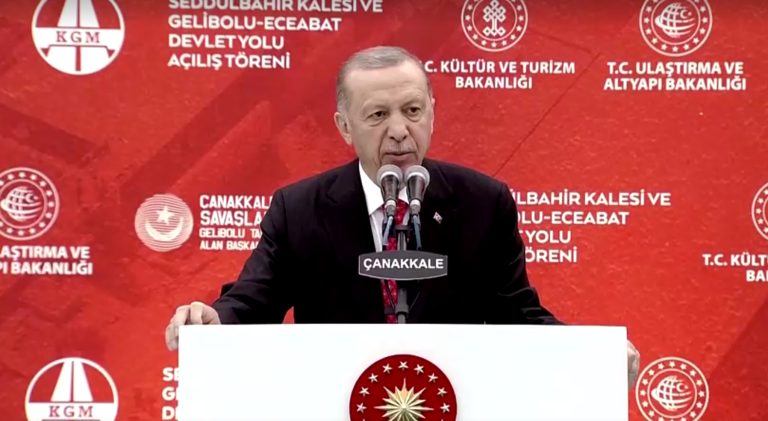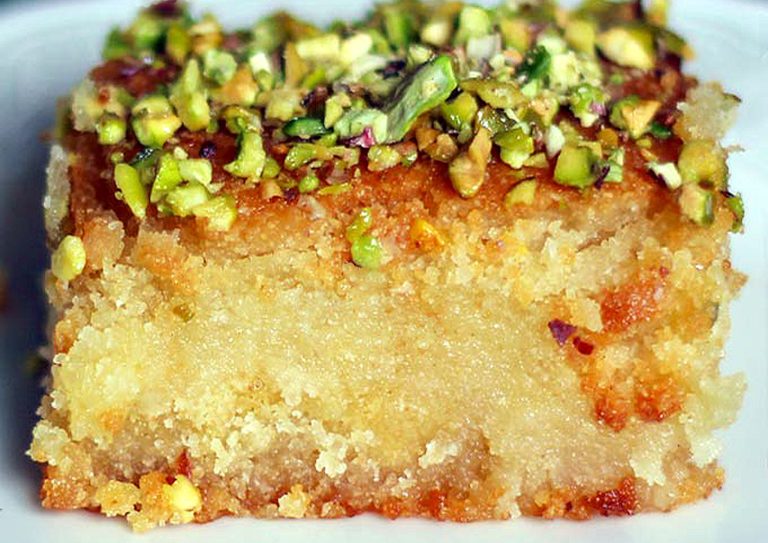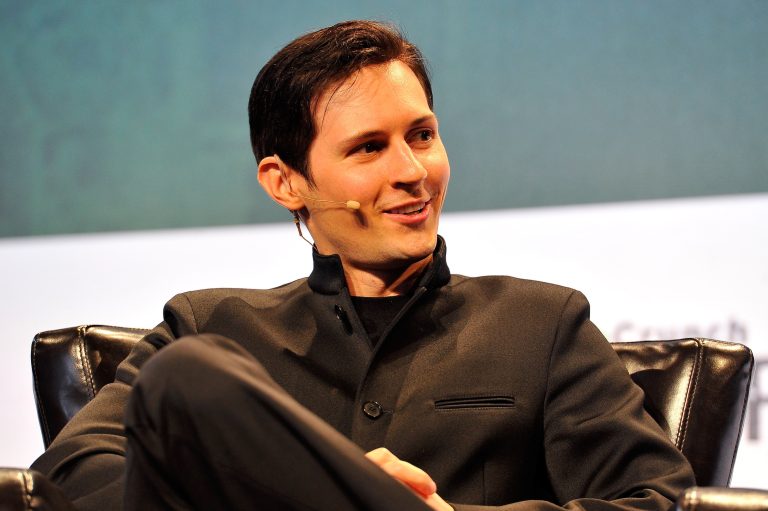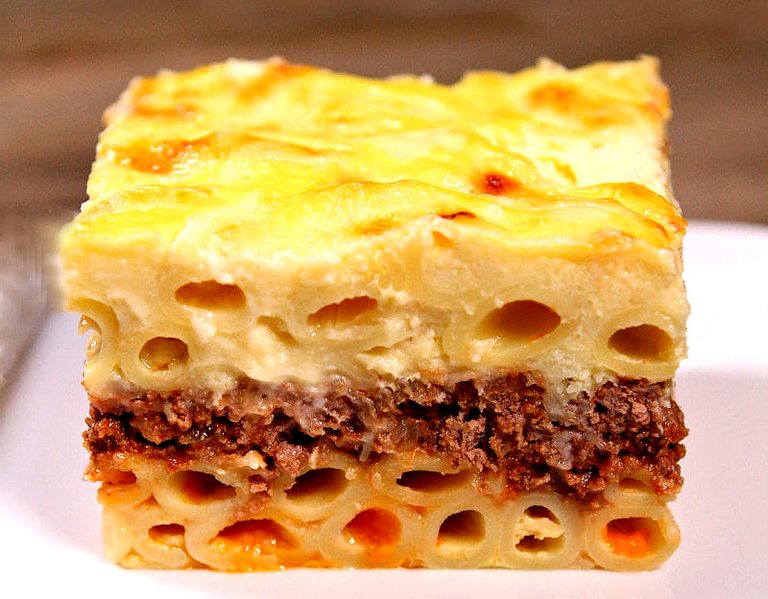A deal allowing Ukrainian grain exports from Black Sea ports that was set to expire on Saturday (March 18) has been extended, according to Turkey’s President Tayyip Erdogan.
Initially, it was unclear how long the extension period was. Erdogan did not disclose the time during his address to the convened press agents following days of talks between Ukraine and Russia lead by Turkey to extend the agreement.
Later Reuters confirmed the deal to last for at least 60 days — half the intended period — after Russia warned that any further extension beyond mid-May would depend on removing some Western sanctions.
“As well known, the period of the grain corridor deal, one of the main agreement points between Russia and Ukraine after the war other than the prisoner exchange deal, was expiring today. As a result of our talks with the two sides, we have secured an extension to this deal which was ending on March 19.”
The pact was brokered with Russia and Ukraine by the United Nations and Turkey in July – and renewed for an additional 120 days in November.
Success
You are now signed up for our newsletter
Success
Check your email to complete sign up
“The deal for the grain corridor was due to expire today. As a result of our talks with the two sides, we have secured an extension to this deal,” Erdogan said at a press conference in the western city of Çanakkale, Turkey.
It was made to combat the world food crisis, which was exacerbated in part by the war in Ukraine in February of last year and the ensuing Black Sea blockade by Russia.
According to the UN, the agreement allowed for the supply of 25 million tons of grain and other foods during its first two terms, which helped to lower food prices worldwide and stabilize markets.
Crimean conflict
Meanwhile, celebrations were held across Russia on Saturday to mark the ninth anniversary of Moscow’s annexation of the Crimean peninsula from Ukraine.
Russia seized Crimea in 2014 after the Euromaidan revolution that toppled the pro-Russian president of Ukraine and shifted the country towards the Western orbit.
According to Moscow, the overwhelming majority of Crimea’s 3 million inhabitants later voted to formally rejoin Russia (Crimea was handed over to Ukraine from Russia in the 1950s when both were part of the Soviet Union) — in a referendum rejected by the West and Kiev.
READ MORE:
- Russia Rejoins U.N. Grain Deal Four Days After Withdrawal; Putin Threatens to Back Out Again
- Russia’s Ally Belarus Cozies Up to China
- U.S. Says it Won’t Follow Suit With Other NATO Countries and Supply Ukraine With Fighter Jets.
- Erdogan Hints at Accepting Finland’s NATO Membership; Rejects Sweden Amidst Tensions
Ukraine vowed it would drive Russia out of Crimea and all other territories that Russia has occupied in the year-long “special military operation,” as the Kremlin terms the war.
Crimea and its capital Sebastopol have been strategically significant to Russia as its few year-round ice-free ports. It is located on the shores of the Black Sea, which is crucial for Ukraine’s worldwide exports of grain.
Arrest warrant for Putin
Meanwhile, the Kremlin expressed outrage after the International Criminal Court (ICC) issued an arrest warrant for Russian President Vladimir Putin on Friday, alleging that Moscow’s forcible deportation of Ukrainian children is a war crime.
The announcement incited a vehement reaction from Moscow. According to Dmitry Peskov, a spokesman for the Kremlin, Russia finds the questions the ICC asks “outrageous and unacceptable,” and any decisions made by the court are “null and void” with regard to the country.
Along with the U.S. and China, Russia is not a member of the ICC.
The United States said there was “no doubt” Russia was committing war crimes in Ukraine.
News of the arrest warrant did not deter Chinese leader Xi Jinping from following up on its planned visit to Moscow next week even further to invigorate the bonds between the two renegade states. At the same time, Russia’s relationship with the West reached historic lows.
On the contrary, Beijing and Moscow had already agreed to a “no limits” partnership last year shortly before the invasion; a move met with many suspicions by U.S. and European leaders over concerns it being a prelude to Beijing providing arms to Russia.
Reuters contributed to this report







